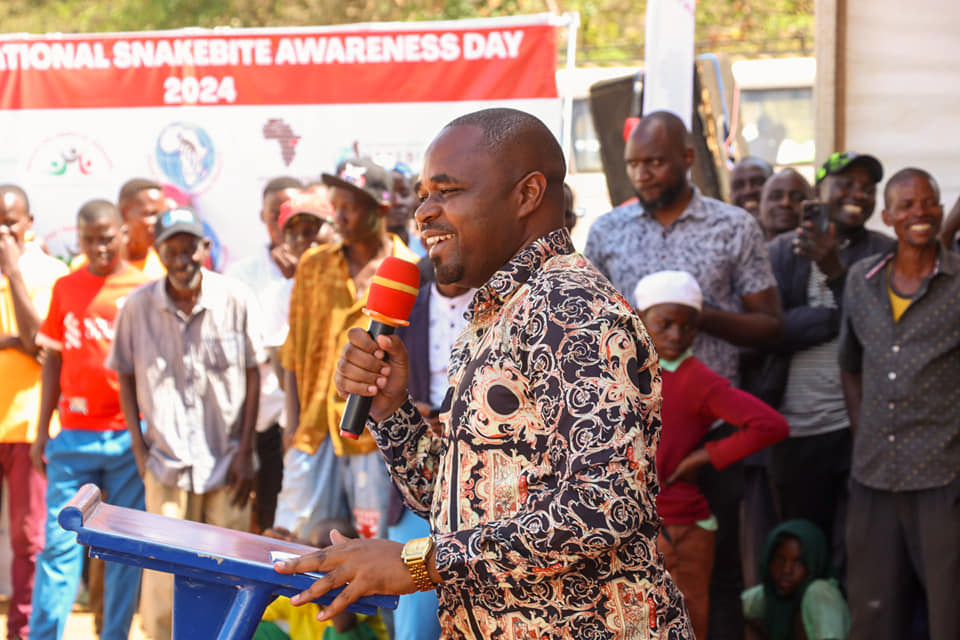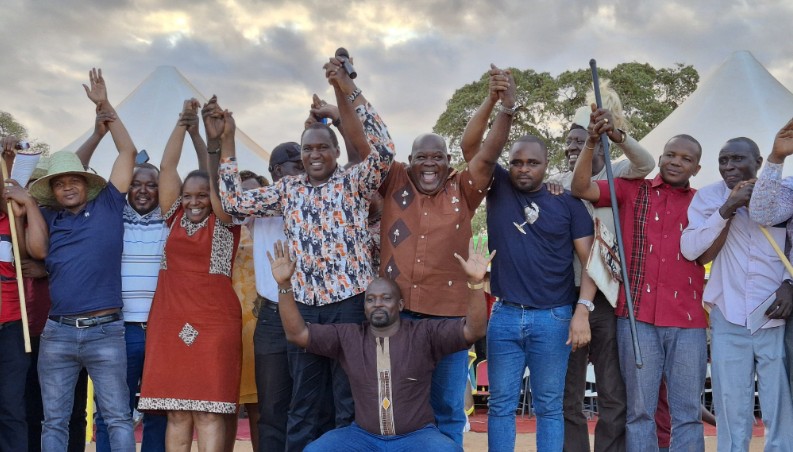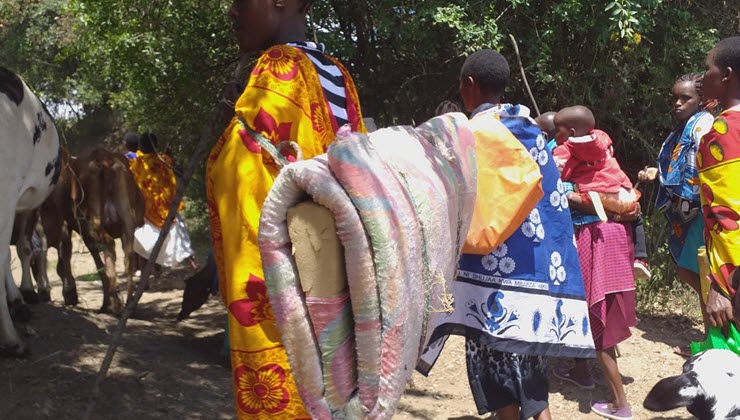Snakebite Awareness Day: MPs call for reinstatement of compensation for snakebite victims

Maara Constituency Member of Parliament (MP) Kareke Mbiuki and his Chuka Igambang’ombe counterpart Patrick Munene have called on the government to have the compensation of snakebite victims in the country reinstated.
Speaking during the commemoration of the International Snakebite Awareness Day (ISBAD) at Mwenjeu Primary School in Tharaka Nithi County, the two petitioned for legislation that will have the compensation restored following increased cases of disability and mortality.
The compensation was removed in 2019 following an amendment of The Wildlife Conservation and Management Act 2013 after Kenya Wildlife Service (KWS) raised concern over high compensation claims.
Mbiuki, who doubles up as the Chairperson of the National Assembly Committee on Tourism and Wildlife noted that the Ministry receives an allocation of Ksh500 million from the government for human-wildlife compensation, which is not enough considering certified claims awaiting payment amounting to over Ksh6 billion.
“We must amend the law to include victims of snakebites in the compensations. We will propose this amendment since we receive a lot of complaints on amputations and deaths. We ask the government led by President William Ruto to allocate more funds to compensation of such victims,” he said.
Snakebite amputations and deaths
Vice Chairperson of the National Assembly Committee on Health Patrick Munene said Parliament should make changes to the Wildlife Conservation and Management Act to recompense amputations and deaths caused by snakebites.
In his speech, the MP announced an allocation of Ksh10 million for the construction of a dispensary at Mwenjeu which is an area prone to snakebites by the National Government.
“The law should be looked at, to compensate amputations and deaths since we can ascertain they happened,” he said.
George Omondi while speaking on behalf of Kenya Snakebite Research and Innovation Centre (K-SRIC) said plans were underway to have anti-venom manufactured locally in the next two years.
“The government, saw the need to put resources aside so that we can manufacture our anti-venom locally and help our people,” Omondi said.
K-SRIC donated anti-venom drugs to Kajuki and Marimanti hospitals in the county.
Wycliffe Omondi, from the Vector-Borne and Neglected Tropical Disease Unit (VBNTDU) said the government through the Ministry of Health would collaborate with the county governments to create awareness and capacity building of health care workers on administration of the anti-venom and usage of kits.
Through Community Health Promoters, Omondi noted the program would reach at-risk community members and respond appropriately to bites.
According to World Health Organisation (WHO), one person dies from a snakebite every four to six minutes, with 1.8 to 2.7 million cases recorded annually resulting to over 81,000 deaths.
This year’s ISBAD theme “Disabilities from snakebite envenoming” calls for better estimates and understanding of disabilities from snakebite envenoming to uncover the true impact of snake disabilities and follow up with the victims to make sure their stories are heard.
Venomous snakes are widely distributed in both tropical and temperate regions.












